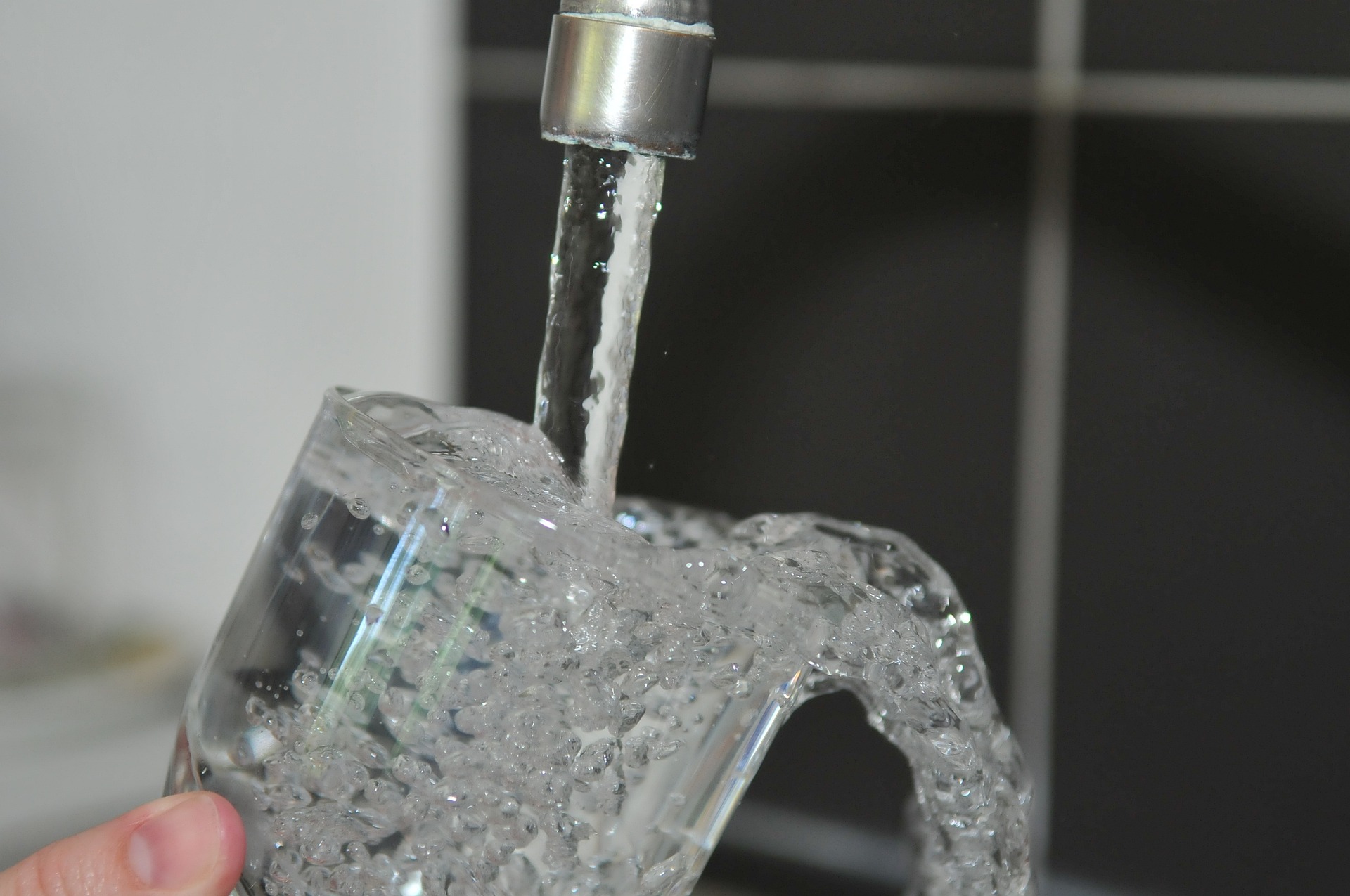At MolliVita, we are in the water softener business because we passionately believe that every home should have the opportunity to have easy and cost-effective access to soft water. We are not impressed by what hard water does and the negative effects it can cause.
But that doesn’t mean to say that hard water is necessarily harmful.
Similarly, as much as we like to trumpet the many advantages that soft water provides, it is also fair to say that there are a few minor drawbacks with water that has been “treated” to make it soft.
What exactly is soft water?
Without wishing to sound flippant – soft water is the opposite of hard water. Water is deemed to be either hard or soft, depending upon its parts per million (ppm) content of hard water minerals. Any reading below 100ppm is said to be soft. Anything above that line is considered hard.
When levels are above 200ppm, which they commonly are in many areas of the UK, then you are getting into exceptionally hard water territory. London and the south-east, for instance, have parts per million readings consistently between 250 and 300ppm.
You can’t actually detect the hardness or softness of water simply by looking at it, but you will notice how soft it is by how it performs. As examples, if you wash your hands in soap and it makes a nice lather, or washing up liquids and detergents retain that bubbly appearance and don’t quickly vanish, these are all indications that you are in the presence of soft water. When you have a bath or shower and your skin feels soft to the touch afterwards, this is also a clue that the water is soft.
What are the advantages of soft water?
- It’s great for washing and cleaning. Soaps, shampoos, gels and detergents will all last that much longer – which provides economic benefits.
2) Skin, hair and laundry will also feel softer to the touch after being washed in soft water.
3) Dermatologists definitely sing the praises of soft water, because of its positive effects on many dry skin conditions.
4) Soft water is much kinder on household appliances, like dishwashers, washing machines and kettles, because it prevents any kind of limescale build up. Soft water actually removes limescale, which is caused by hard water.
5) Soft water will protect your central heating system, preventing pipework from scaling, thus reducing energy usage (and unnecessarily high fuel bills).
6) Having soft water around is kinder to you and the environment. If you are using bleach, for instance, to combat hard water causing limescale, you are exposing your lungs to respiratory issues (from fumes) and your skin to toxic substances. In addition, these detergents also get washed down the drain. These solutions are, therefore, continuously recycled back into the mains system. Thus, water quality never improves. Soft water greatly reduces the need for bleaches.
7) Hard water contains all kinds of heavy metals (lead, arsenic etc), pesticides, hormones, chemicals, fluorides, chlorines – so water quality is always compromised. Having a reverse osmosis water filter removes these nasty substances from the supply, enabling you to drink the finest, purified water. Whilst water softeners look after the outside of you (e.g., your skin and, hair), reverse osmosis filtration takes care of the inside of you – far better than any bottled water.
What are the disadvantages of soft water?
- Soft water has calcium and magnesium removed from it. Some people would argue that this is bad, because these minerals do have health benefits. But a balanced diet should provide plenty of these minerals, without the need to take supplements. There’s plenty of calcium in dairy products, for instance. So, you can certainly enjoy soft water, without compromising your nutrition.
2) Although softened water is perfectly safe to drink, some people aren’t too keen on its taste.
3) During the softening process, water softeners add a small amount of sodium into the water, in the form of ions. These ions are safe to consume. However, if you happen to be on a low-sodium diet or have been advised by a doctor to limit your salt intake, you can still enjoy the benefits of soft water, but you might be best advised to use filtered water for hot and cold drinks. However, if you happen to be on a low-sodium diet or have been advised by a doctor to limit your salt intake, you can still enjoy the benefits of soft water, but you might be best advised to use filtered water for hot and cold drinks.
4) There is an upfront financial outlay when you buy a water softener. Nevertheless, once you have paid for your softener, you’ll start making continuous savings on consumables, energy outlay and in respect of the protection of your plumbing, pipework and household appliances.
So, whilst there is a drawback to soft water, these are easily outweighed by the numerous benefits it can provide you and your family.
If you need any help with your MolliVita installation, simply call our technical support line on 01243 252360 anytime between 9am and 5pm Monday to Friday.
One of our friendly and knowledgeable team will be on hand to provide all the answers you need. Alternatively, you can email any questions you have to: hello@mollivita.co.uk

